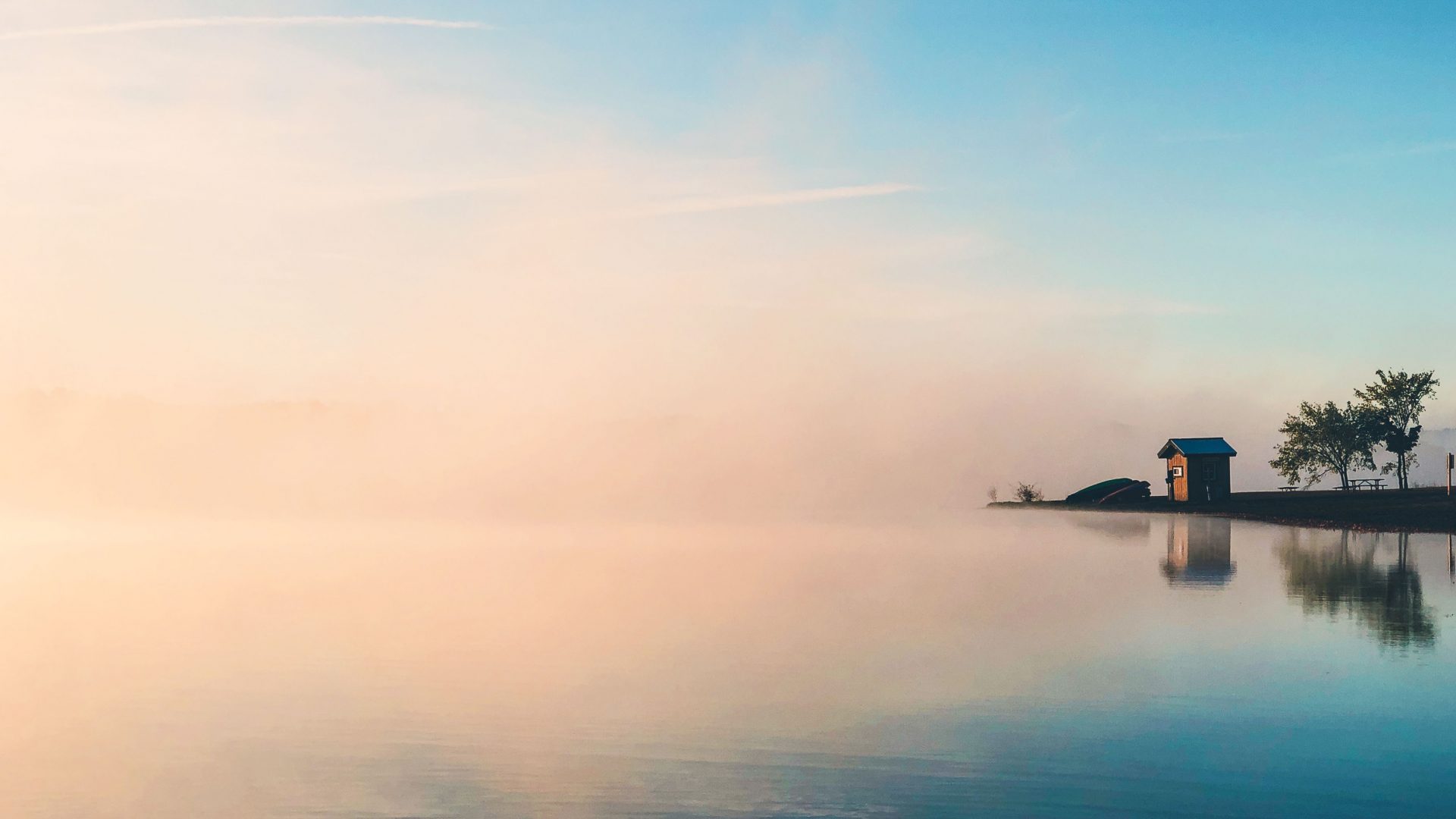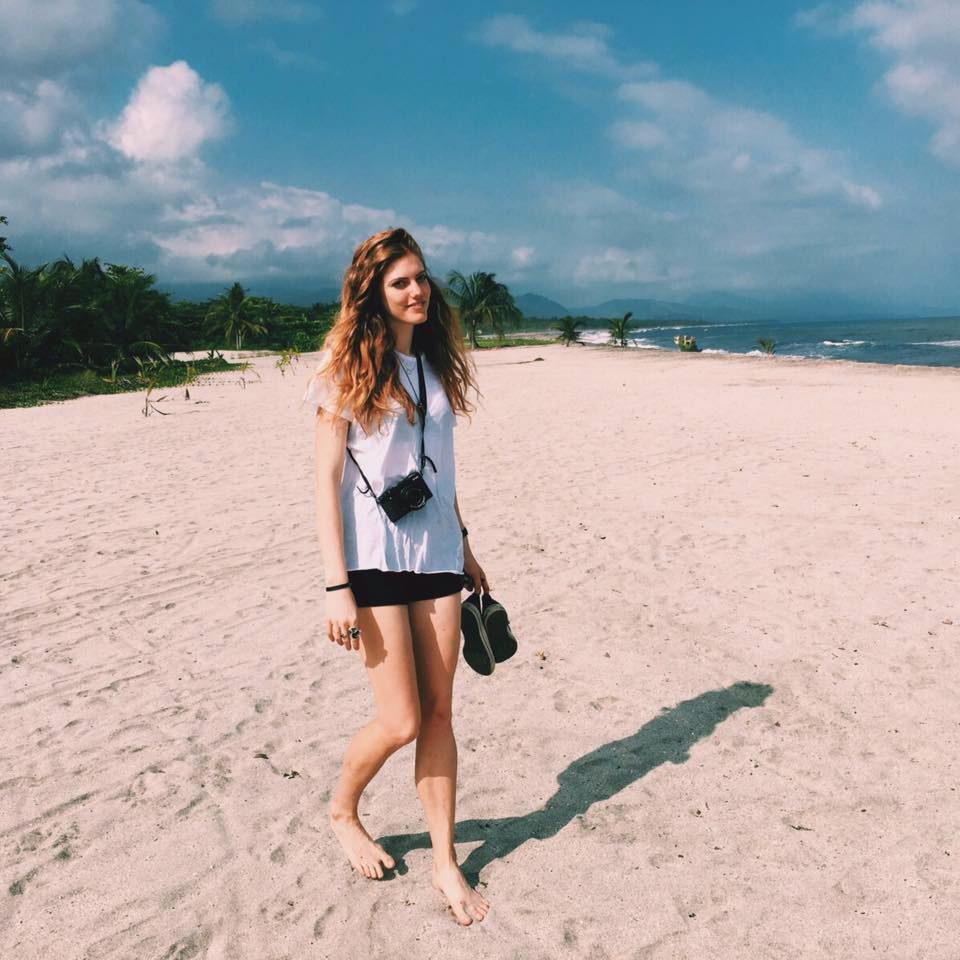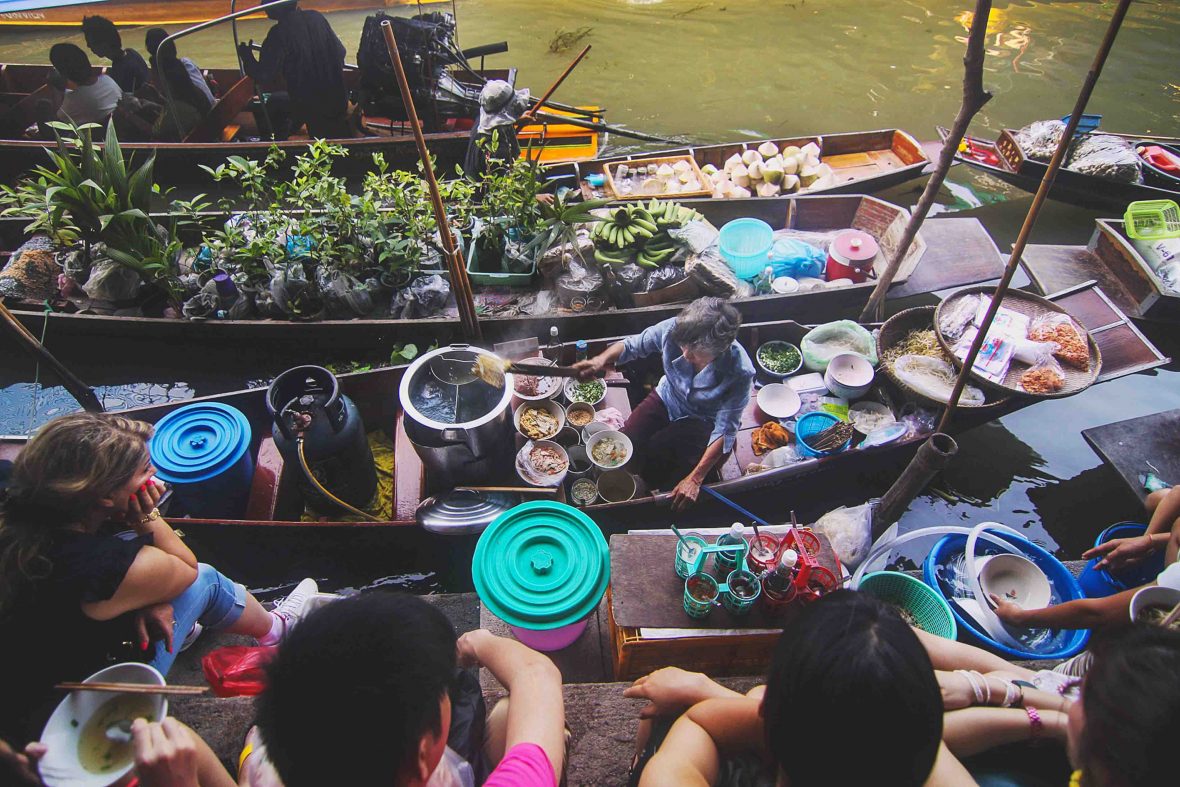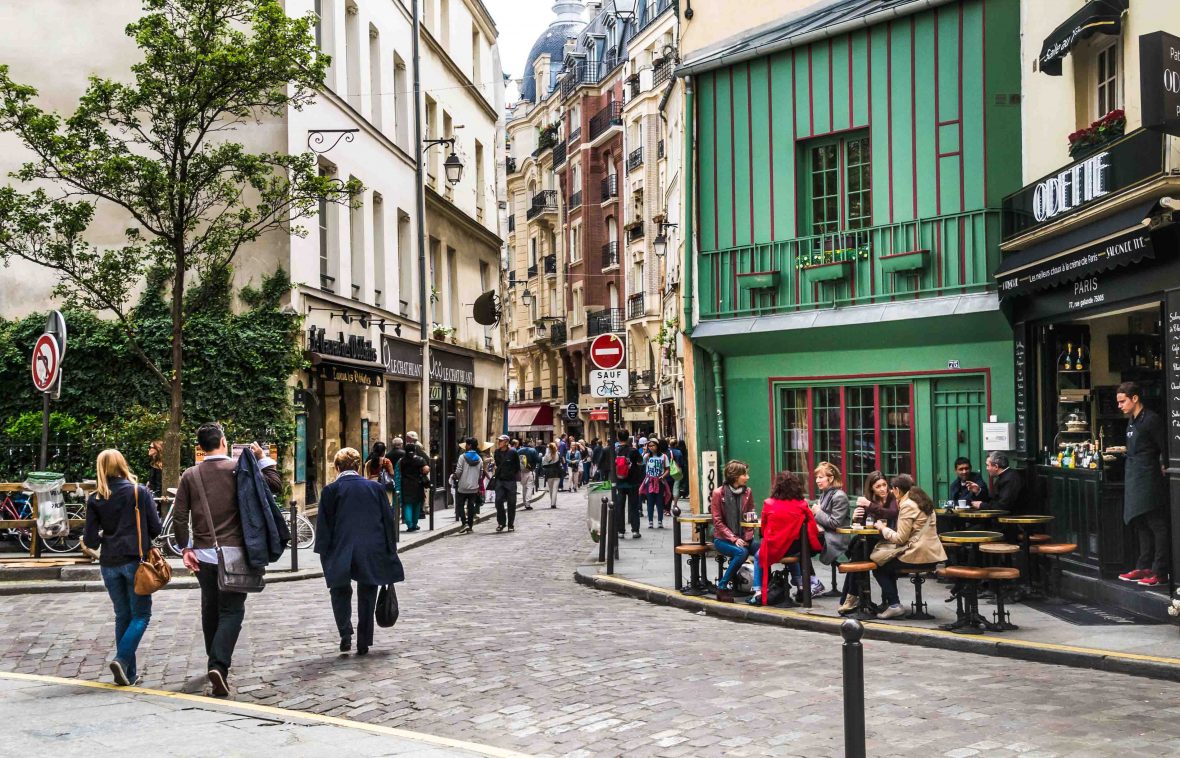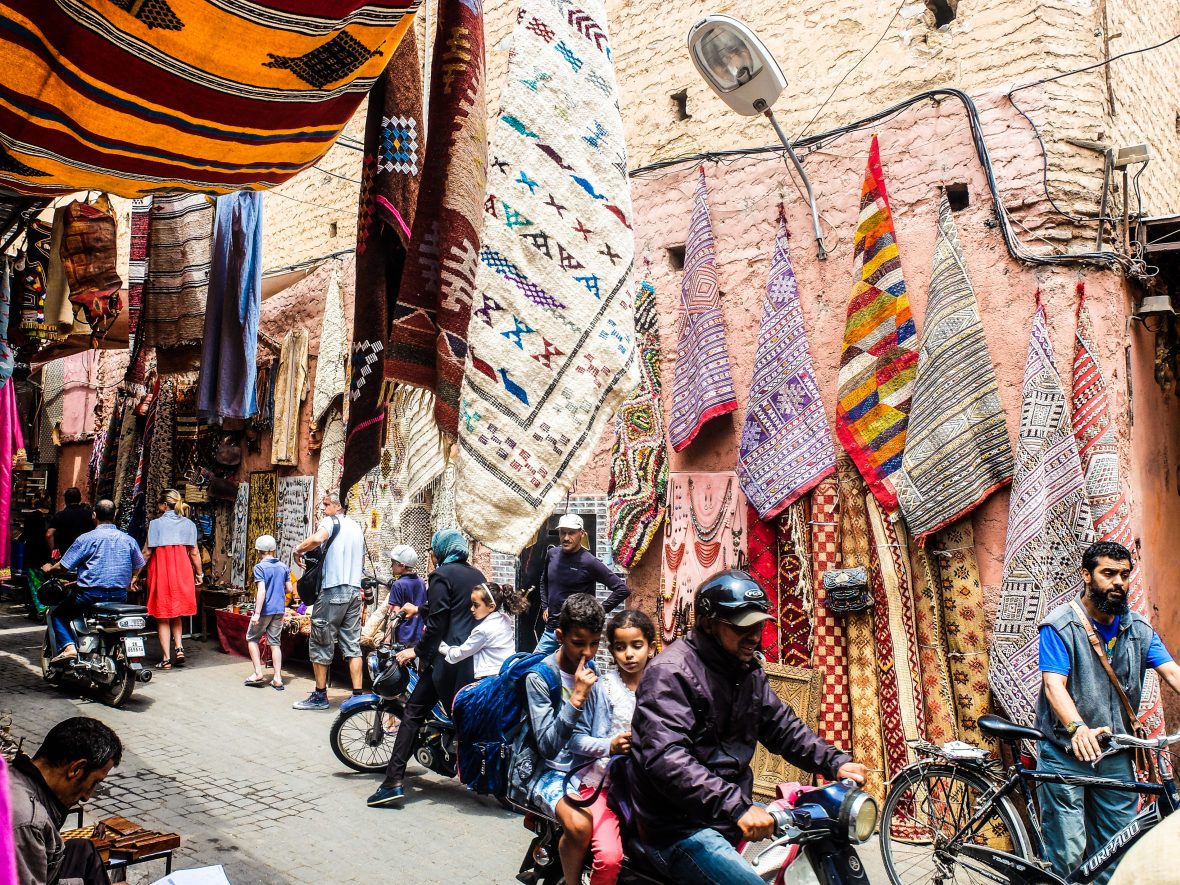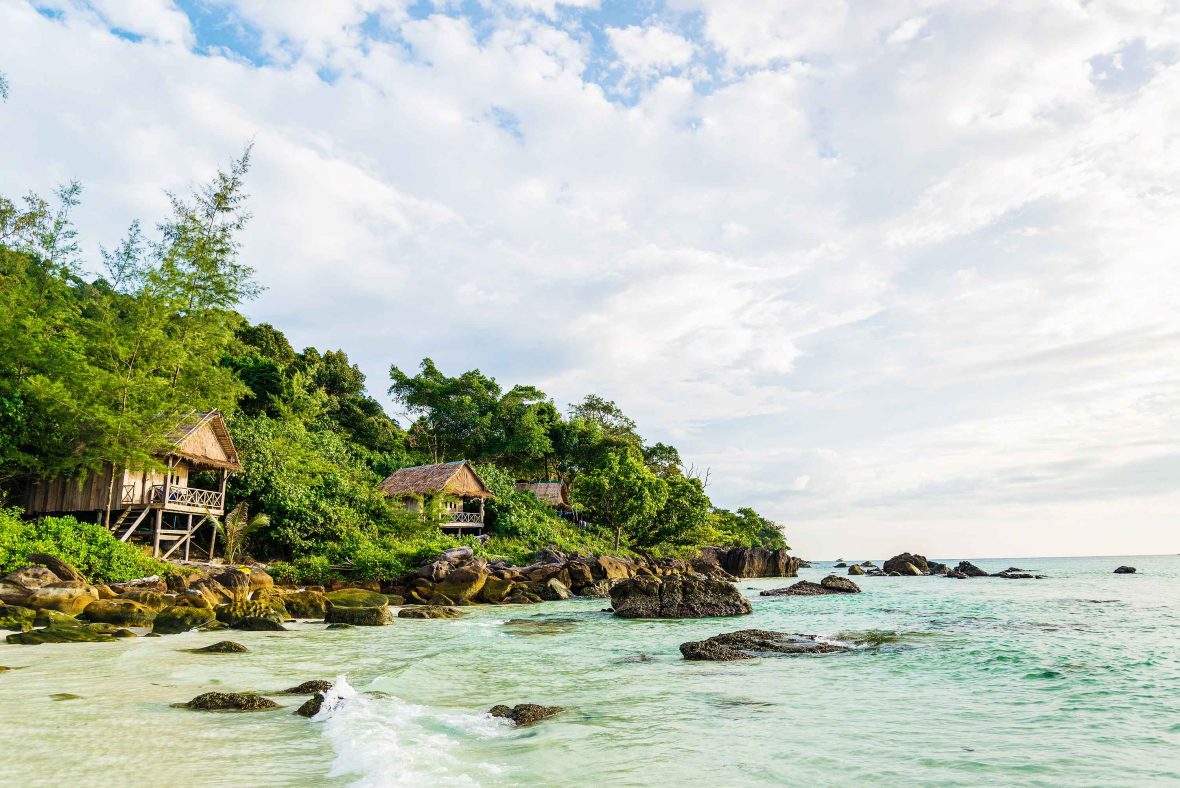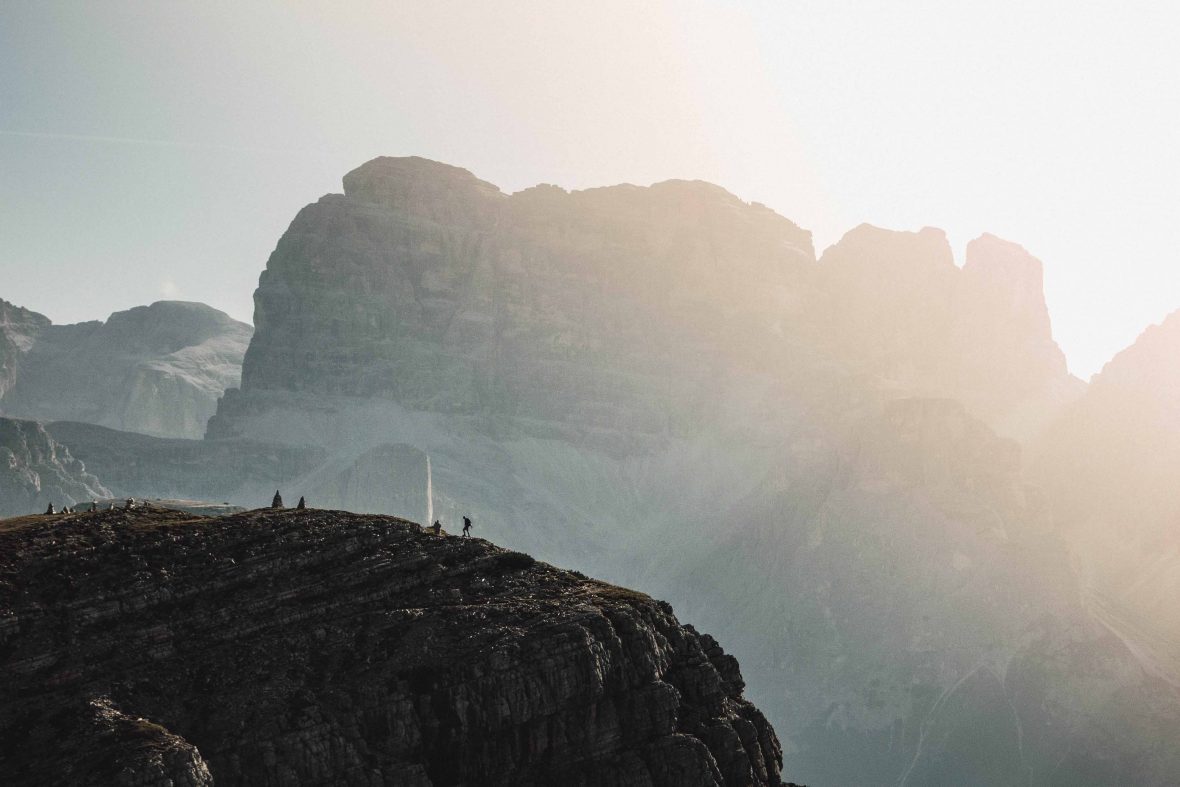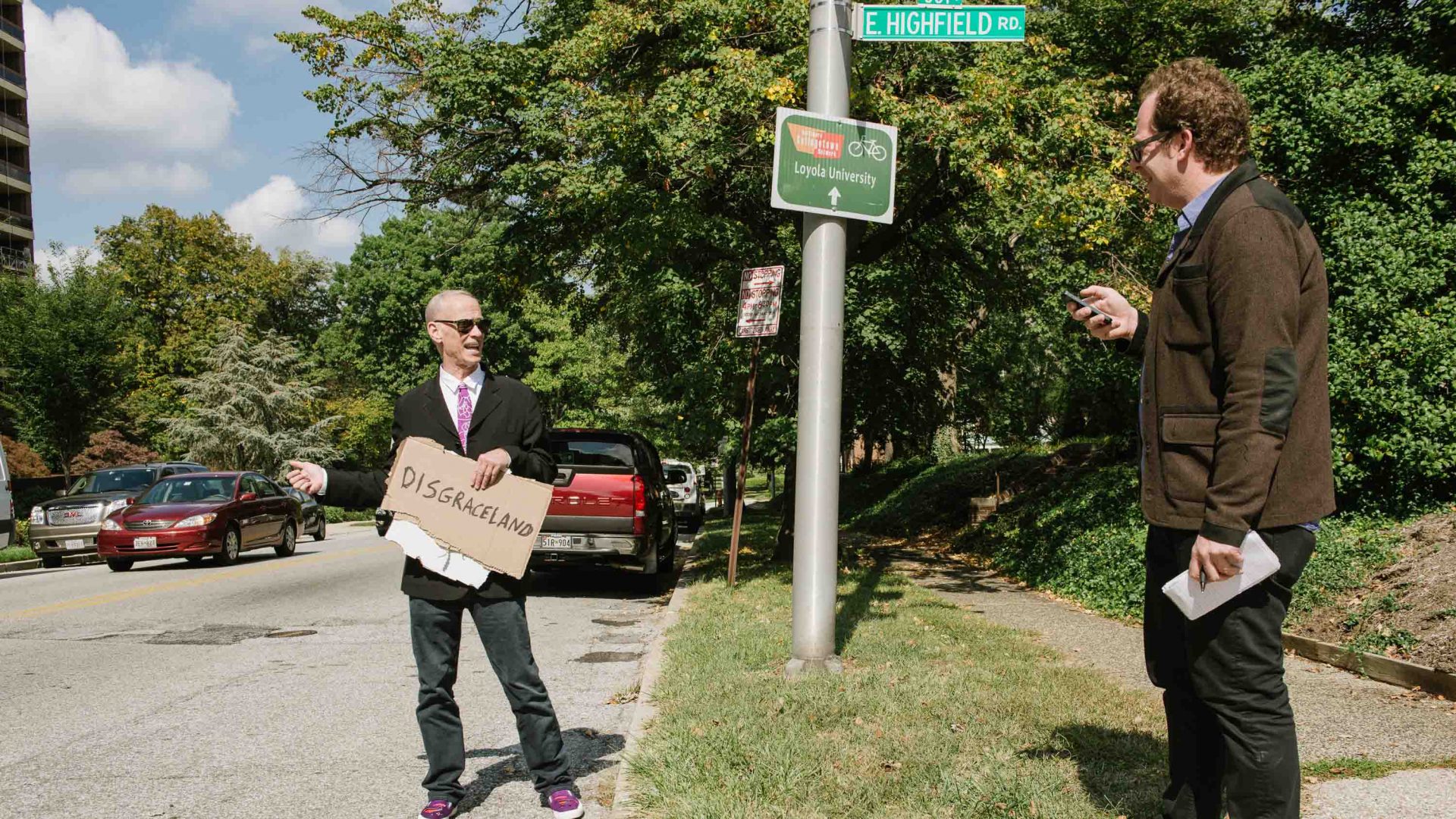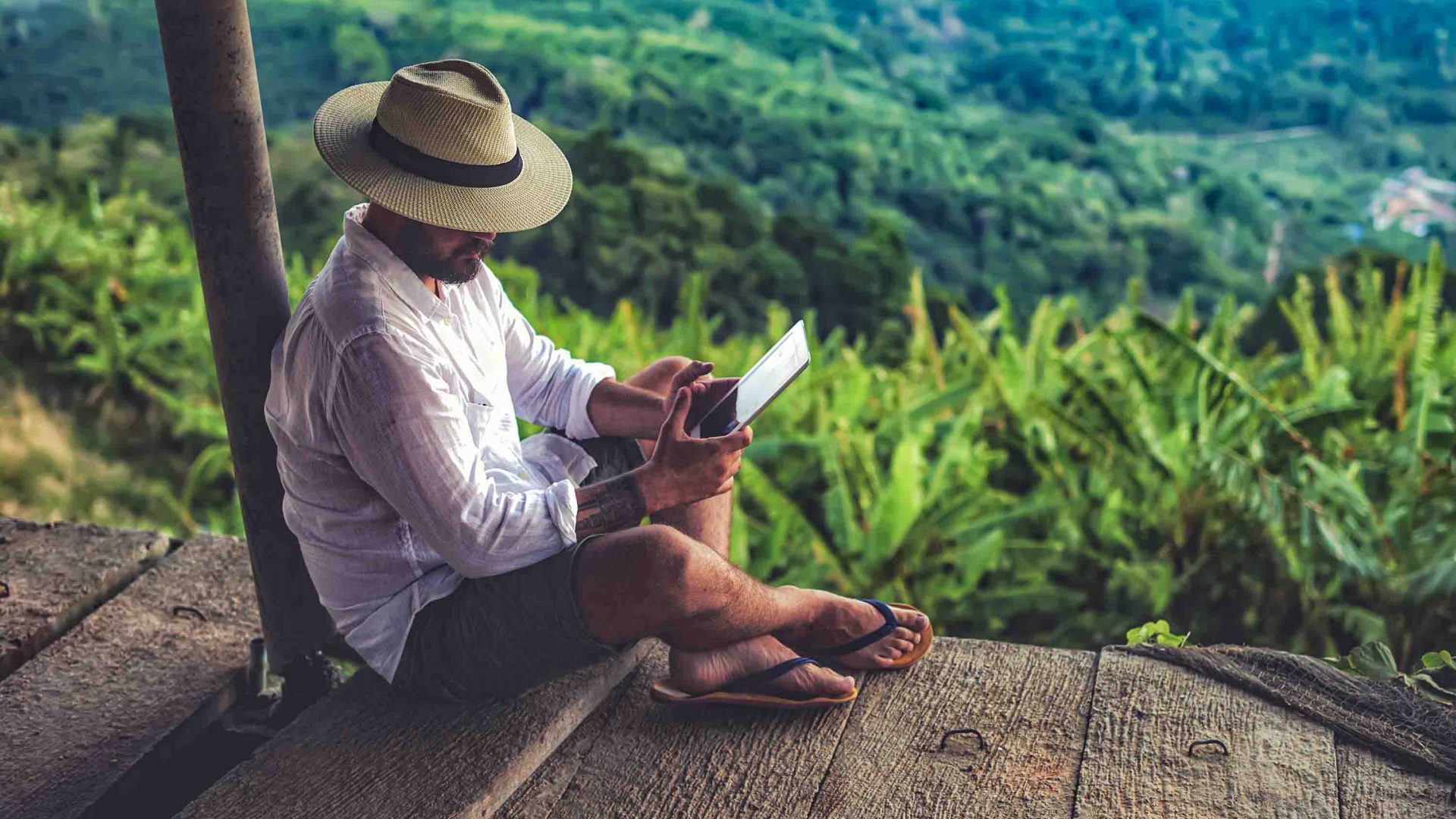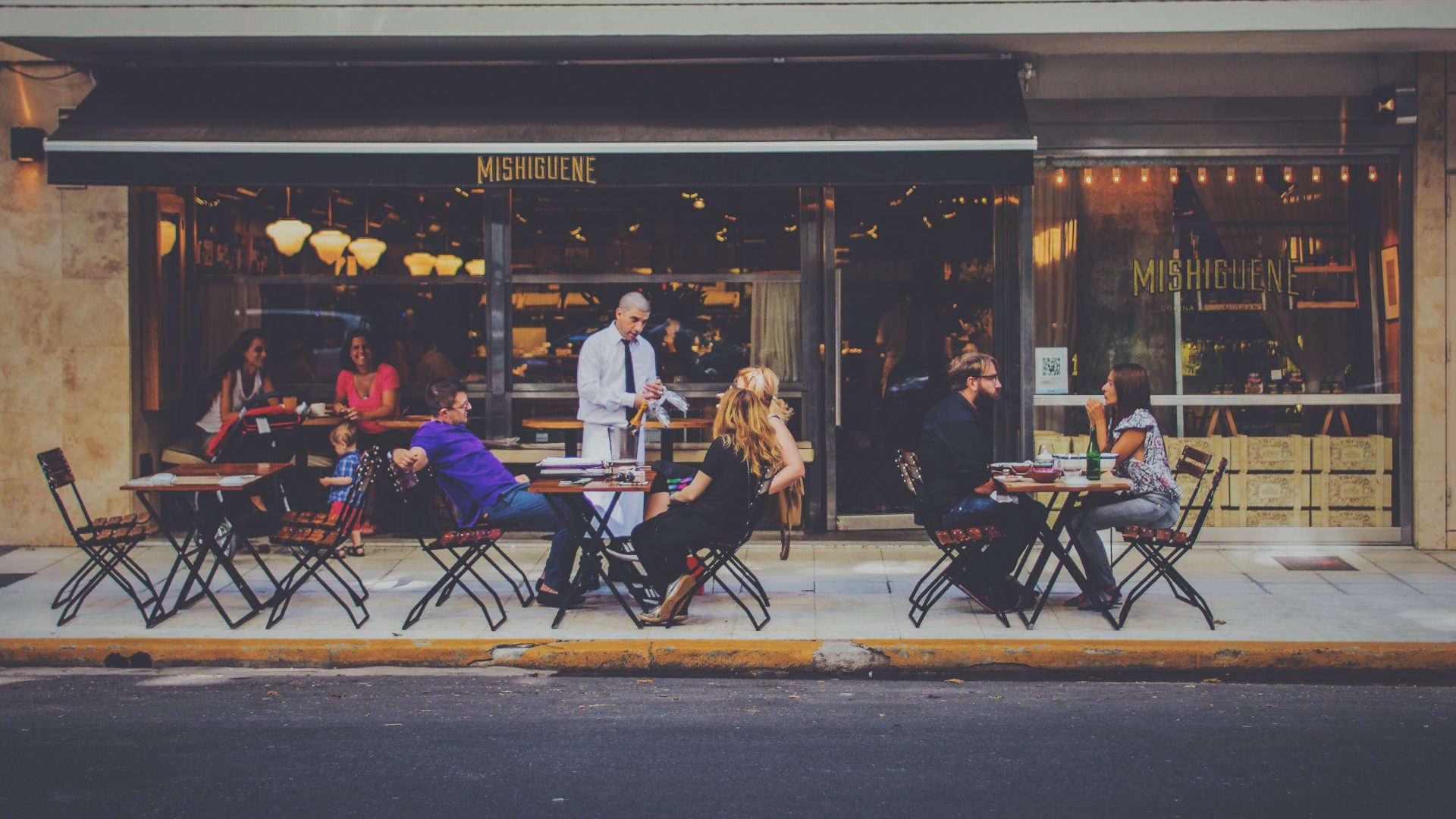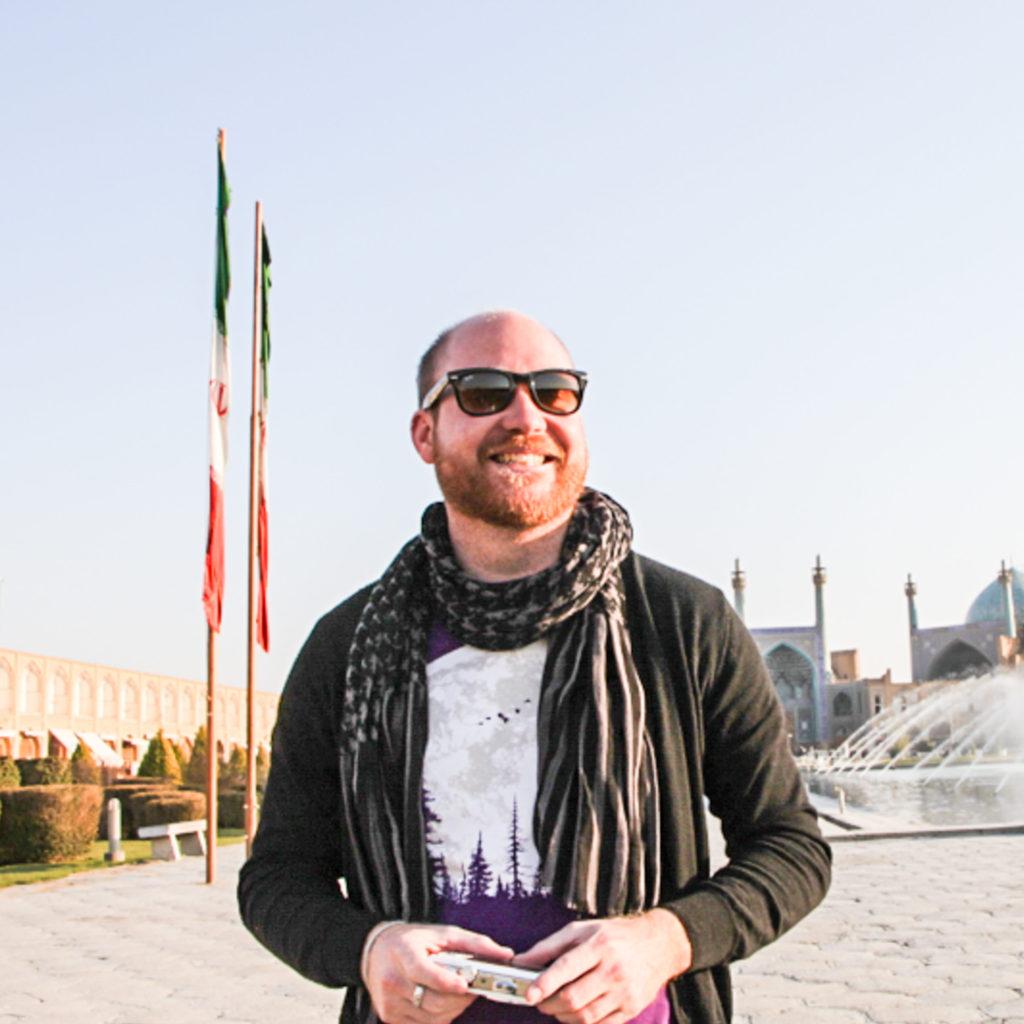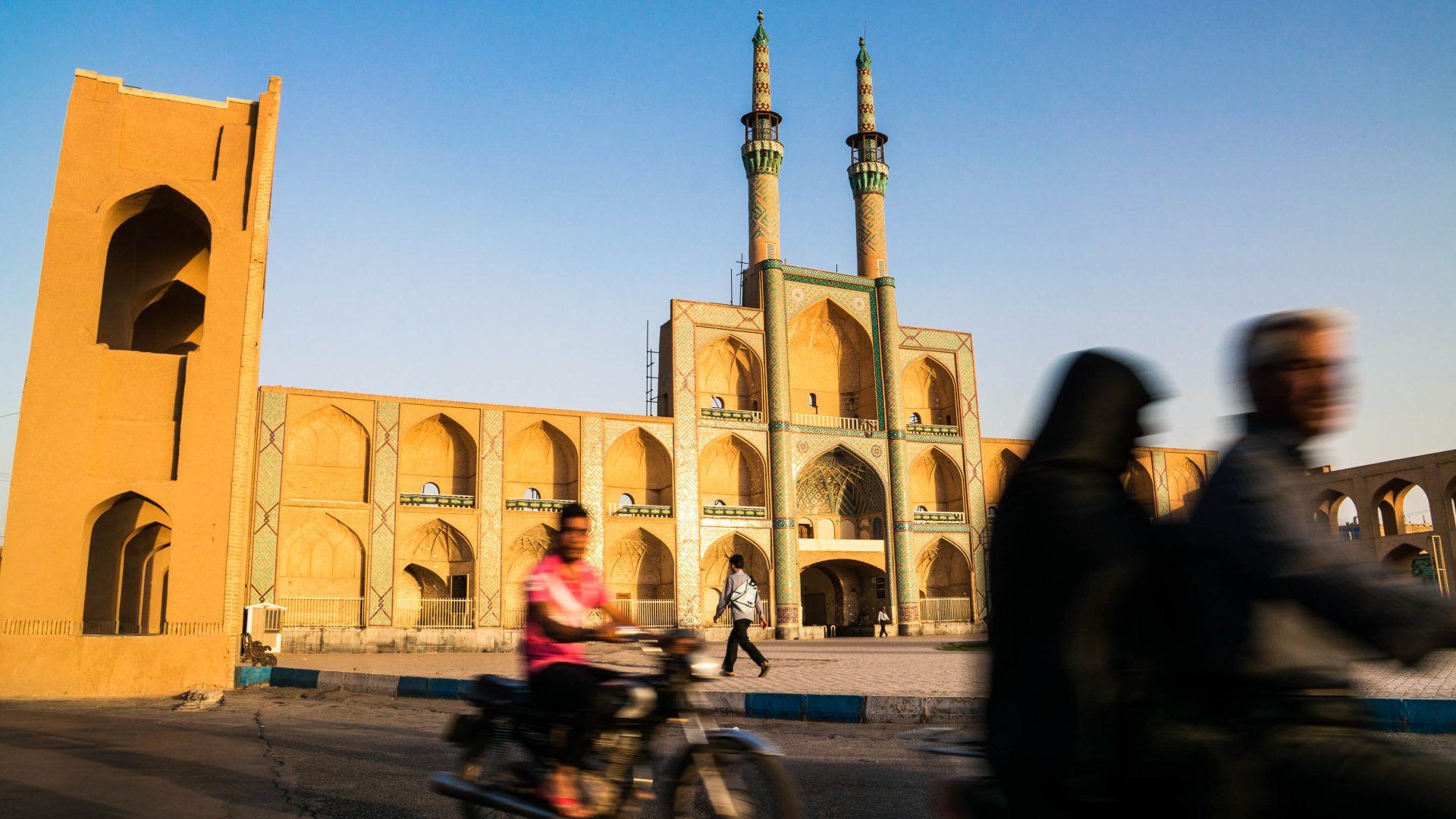The internet has made travel far more accessible than ever. But is there a more negative downside to all this information?
The internet has made many things, including travel, easier, safer and more accessible. But does too much information risk destroying the most rewarding aspects of travel?
For the most part, the increasing accessibility of information has helped us over the last decade. It’s helped us explain the inexplicable, avoid the catastrophic, and plan ahead. But just as we crave safety, stability and knowledge, we also crave uncertainty, adventure and the unknown; in relationships, in work, in our living situations. It seems life is one great balancing act between these two polarities.
Travel has become an acceptable place for us to exercise this desire for change. To find our way in a brand new place, to hear a different language, eat unidentifiable food. To be blissfully without information, without stability—for just long enough to realize the value of our stable, certain worlds all over again. So we travel to far-off lands and have a dalliance with the unknown.
At least, that’s the idea.
There are so many quotes about not following the path, about making your own way, about leaving a trail—I think we all aspire to that, but I’m starting to fear that we only eat in restaurants sanctioned by hip city guides, stay in places affirmed by previous travelers on review sites, and only hike if we’ve already seen the view from the top on Instagram. And if you take the uncertainty away, what’s really left of the travel experience?
RELATED: Why we should travel to ‘dangerous’ places
I first visited Paris 10 years ago, when I was 21. I hadn’t read anything much about the city. I didn’t have a map. I certainly didn’t have a smartphone. But I had plenty of time, legs built for walking, and the unparalleled fearlessness that comes with youth.
One day, after hours of aimless wandering, I stumbled upon a part of the city filled with labyrinthine lanes, tiny cafes, bookshops and galleries. I thought I had ‘discovered’ a bohemian corner of Paris unknown to most tourists. I was overjoyed. I stayed there all day, drank wine at midday, and wrote a letter to my mum about all of the treasures I’d uncovered.
Discovering these little treasures was entirely dependent on being there, on being brave, on placing a little too much faith in a stranger, or on walking without a map. We couldn’t really know a place until we landed on its uncertain shores. Travel—far from being a list of recommended sights to tick off or a tool for us to hunt ‘likes’—was an adventure.
RELATED: How to travel like a travel writer
Sometimes, that adventure meant being trapped in an over-priced, tacky restaurant far too close to the Spanish Steps in Rome; taking a wrong turn off a terrifying Autobahn and yelling at the map-wielder for the next three hours; or buying a slightly less-than-authentic carpet in the bustling medina of Marrakech.
But it also meant meeting great people, finding hidden street food, and experiencing the smug joy of being the ‘first’ traveler—at least to your knowledge—to uncover a local delight. And even most of those stressful, accidental and less-enjoyable adventures had a way of becoming funny—meaningful, even—in hindsight.
